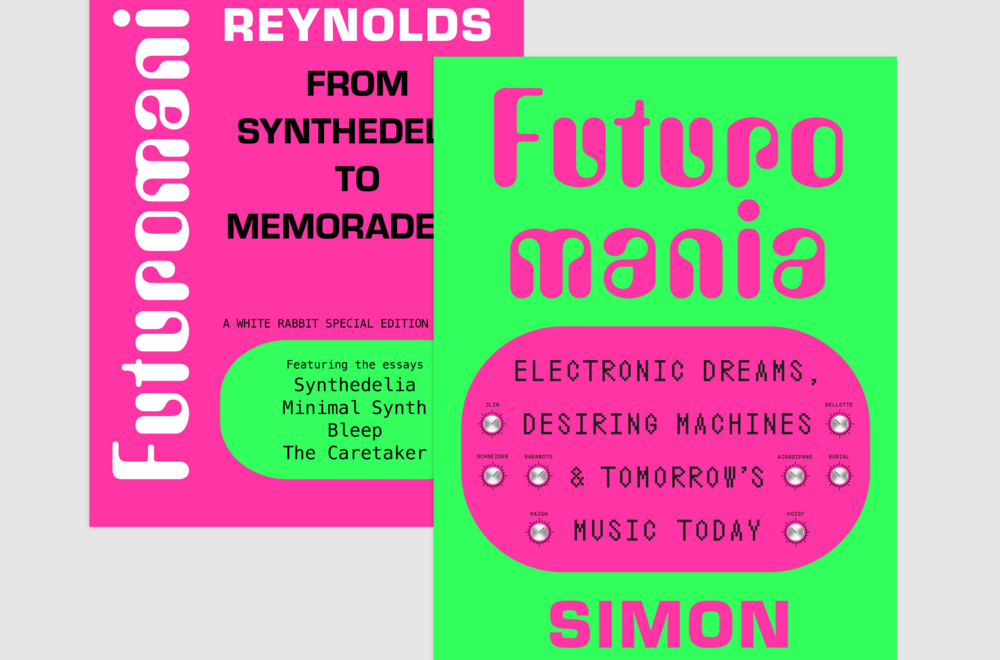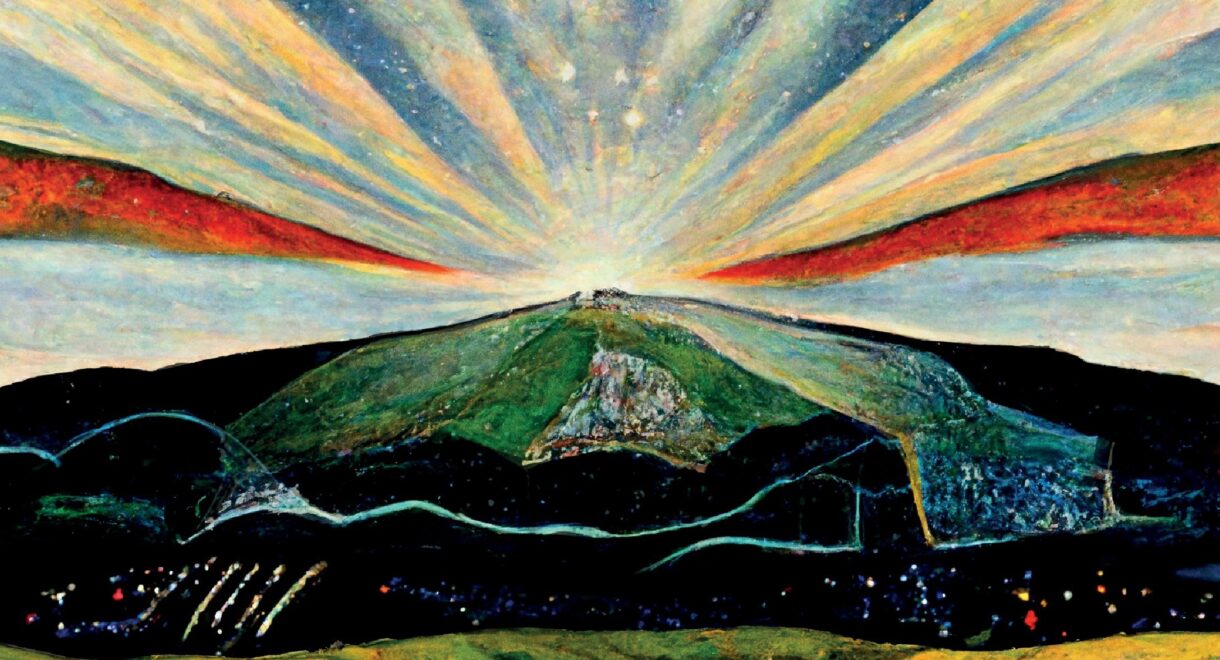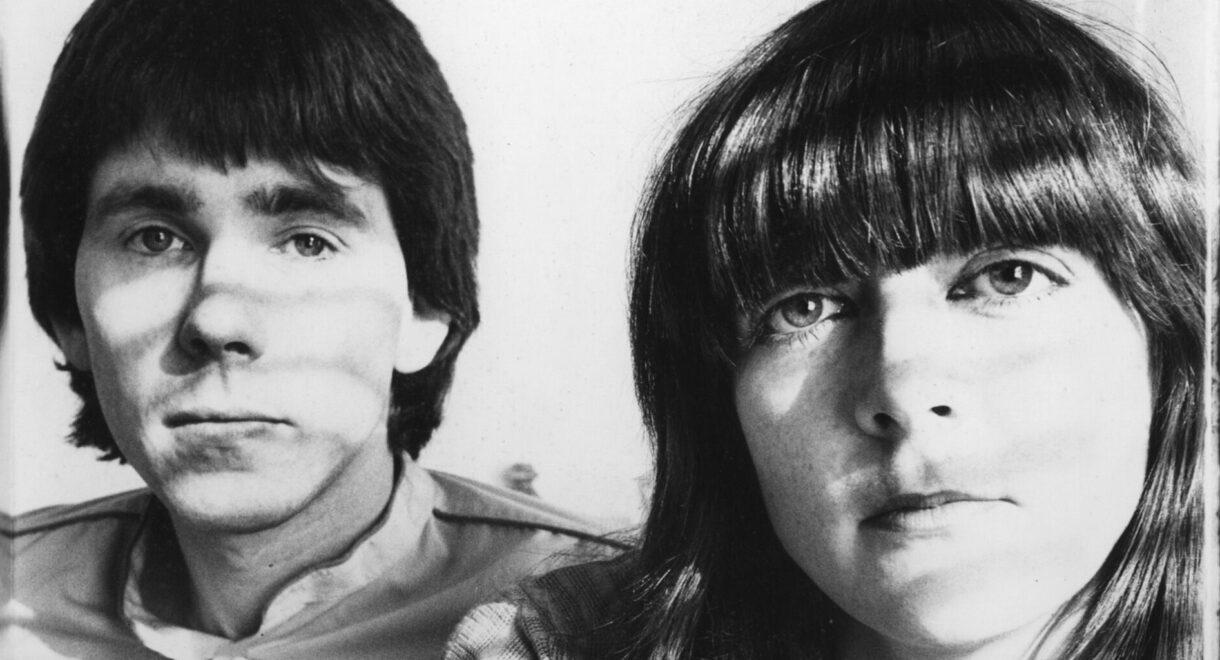The summer is halfway over and you’ve been scrolling for like, what, six weeks straight now? Step away from your phone (after reading this, of course). An analog […]
Envisioning the Future of Ambient Music

Exploring contemporary projects and shifts in a futurist utopia with releases from Arushi Jain, Brian Eno, Laurie Spiegel, and Kuniyuki Takahashi.
Since its origin, ambient music has been a music that fearlessly explores the unknown. That essence of breaking convention has offered expansive new ground for musicians and sound artists for experimenting with and developing new technologies and musical philosophies. The ambient renaissance of the past few years is due not only to the accessibility of instruments and technology, but a reaction to a contemporary life that has never been more rushed and busy. With all-consuming digital lives and the increased strain of a multitude of capitalistic pressures, it’s no wonder many are flocking to meditative aural experiences composed by artists all over the globe.
Below are some forward-thinking creations by some of the most pioneering artists and labels of our time. Their approach helps reflect the new emotional landscapes of modern life.
Generative Music And Artificial Intelligence
Generative music is a term coined by Brian Eno, who ialso famously named ambient music. It describes the modality of the ever-changing textures of sound created by a system. The cues and data are usually first composed by a human, and then infinitely performed by computers. As computing — and, specifically, artificial intelligence technology — develops, Eno eagerly peers over that edge in the pursuit of creating new ways of expressing the human condition in the realm of sight and sound.
With Eno’s 2017 record The Ship, he used AI “to make a record of songs that didn’t rely on the normal underpinnings of rhythmic structure and chord progressions but which allowed voices to exist in their own space and time, like events in a landscape.” It’s a notable departure from his previous work, and hauntingly pervades this 48 minute musical suite.
Laurie Spiegel’s pioneering work from the early ‘70s through the ‘00s still sounds brand new. Her 1980 record The Expanding Universe was recently reissued by Brooklyn-based label Unseen World, and though Spiegel began her career studying classical instruments, her main focus has been software development. She had been making music with synthesizers for years, having been drawn to the precision she was able to achieve through early computing. Spiegel founded New York University’s Computer Music Studio which brought forward a new generation of experimental music .
Grounded Integrations of Non-Western Music
Musicians have long exposed their ears to other musical traditions and tunings, which has inevitably produced surprising collaborations. But many of these integrations of traditional music, for example from the Global South and Asia, were adopted absent a holistic understanding of the culture or history. Brooklyn-based and New Delhi-born composer and vocalist Arushi Jain’s new record Under the Lilac Sky illustrates the ways in which cultural understanding and integration can deepen the collaborative potential. A nuanced interplay between Jain’s own diasporic journey of Hindustani Indian classical music and her background studying engineering and coding at Stanford has combined to create something wholly new and exciting.
Producer Endeguena Mulu, who composes music under the moniker Ethiopian Records, explores a similar synthesis. Mulu is based in Addis Ababa, and combines tech-generated ambient and beat-making with unique layering of traditional Ethiopian folk music and traditions. The politics of music and appropriation, and the importance of native musical traditions, are constants in his work.
Looking to the Past With Fresh Ears
Two recent reissues happen to both come from the same era in 1980’s Japan, where a bustling bubble economy transformed city centers into cultural utopias. Neither got the attention they warranted, but that’s not surprising. Many modern ambient favorites, most famously Laraaji, were overlooked by mainstream listeners until recently. This shift in taste has sent many to the vaults with the goal of resurrecting lost-to-time future classics that are prime for the receptions they deserve.
This Music from Memory re-release of Kuniyuki Takahashi’s privately run tapes is one of those deep dives into a particularly exciting time in contemporary music’s history. What remains impressive is the ways in which records from this period sound brand new — a sign that they were masterpieces awaiting rediscovery.
Synergetic Voice Orchestra was a 1990 project led by pianist and composer Yumiko Morioka. Morioka was encouraged by long time friend Haruomi Hosono (Yellow Magic Orchestra). The band consisted of novice and professional musicians, and was a culmination of her fascination with the musical traditions of India, Mali, Korea, and China. The recording has recently had its first vinyl release by UK Label Métron Records.










